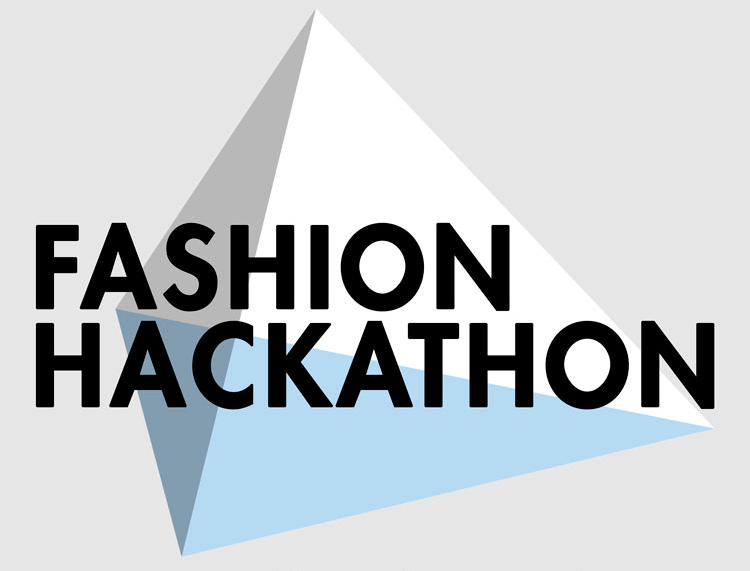MA Fashion Futures student Juliane Kahl is currently in Addis Ababa, Ethiopia leading a creative hackathon, after winning the Fashion Matters Better Lives Award. We spoke to Juliane to find out about her background and what she is hoping to achieve in Ethiopia, as well as how her funding helped her with her final project.

Before my MA… I studied Theatre Design at Central Saint Martins. After graduating I worked as a costume designer, fashion stylist, producer and event organiser for the creative industry. For the last four years I have also been working as a lecturer, and organised trend workshops in Germany.
I decided to study MA Fashion Futures at LCF because… Mama was bored…no, seriously! As the global fashion industry is the second largest polluter in the world, and heavily reliant on the exploitation of women, I no longer wanted to be part of this massive disproportionate fashion consumption, by working as a stylist for the advertising industry. Doing the MA Fashion Futures course at LCF offered me the opportunity to broaden my perspective on sustainability, conduct research and experiment with ideas and concepts.
About my final project… My final project is the organisation of a Fashion Hackathon in Addis Ababa, as a prototype for the creation of a blueprint for open source mobile Hackathons and Maker Spaces. Throughout the project, the subject of sustainability will be addressed, by creating a platform and connecting creative thinking individuals on a local to a global level.
My Fashion Matters funding… was advertised at LCF as a call for applicants who produce innovative new work that aligns with the LCF’s Better Lives agenda. I am very thankful to the judges who encouraged me to push things forward, as they believed in my project. Winning the award really gave me the confidence and financial support to do the project in Ethiopia. Had I not won the funding, my plan B was to organise a Fashion Hackathon with refugee Women in Munich – this is still scheduled for the autumn of 2017.
I chose to go to Ethiopia because… East Africa is now one of the world‘s creative and entrepreneurial hotspots, when it comes to utilising new technologies and new platforms. There is already an existing confidence and distinctiveness in Ethiopian fashion design, and a growing development of Ethiopia being the manufacturing hub for global ‘fast fashion’ companies. As this is still in the process of being developed, it is an ideal time to create a platform to communicate and share knowledge about sustainability and equalitystraight away.
About the Hackathon… For three days in December, participants will get the opportunity to challenge, experiment and hack the ‘Future of the Zipper’. They can create things that are innovative, tech related, extraordinary or just geeky and funny. Attendees from Europe will join the teams through the process of ideation, team building, and rapid prototyping processes. The event will be closed with a presentation of the results and a thinktank with Q&A.
My main goal on this project… is to connect people from different professional backgrounds like fashion designers, students, artists, programmers, problem solvers, engineers, creatives, innovators, designers, coders, hackers and makers and to encourage a dialogue. I also want to learn, see and hear stories! I am not an expert myself; I just happen to be good at connecting and organising.
After my MA… I want to continue deepening my research on the Future of Fashion, with a focus on ‘Disruptive Design Innovation’, ‘Fashion Hacktivism’ and the opportunities of the ‘Maker Movement’ to enhance sustainability and equality in the global fashion industry. In this context I am planning to organise more Fashion Hackathons in different parts of the world. I also believe in Education being a facilitator for improvement and change, so I would like to continue to work as a lecturer and run workshops. I think that especially in today’s world, it is even more important to dare, be disruptive, share knowledge, take risks and face challenges.
- Find out more about Fashion Matters
- Find out more about Better Lives at LCF
- Find out more about undergraduate and postgraduate scholarships, bursaries and awards
- Find out about MA Fashion Futures

